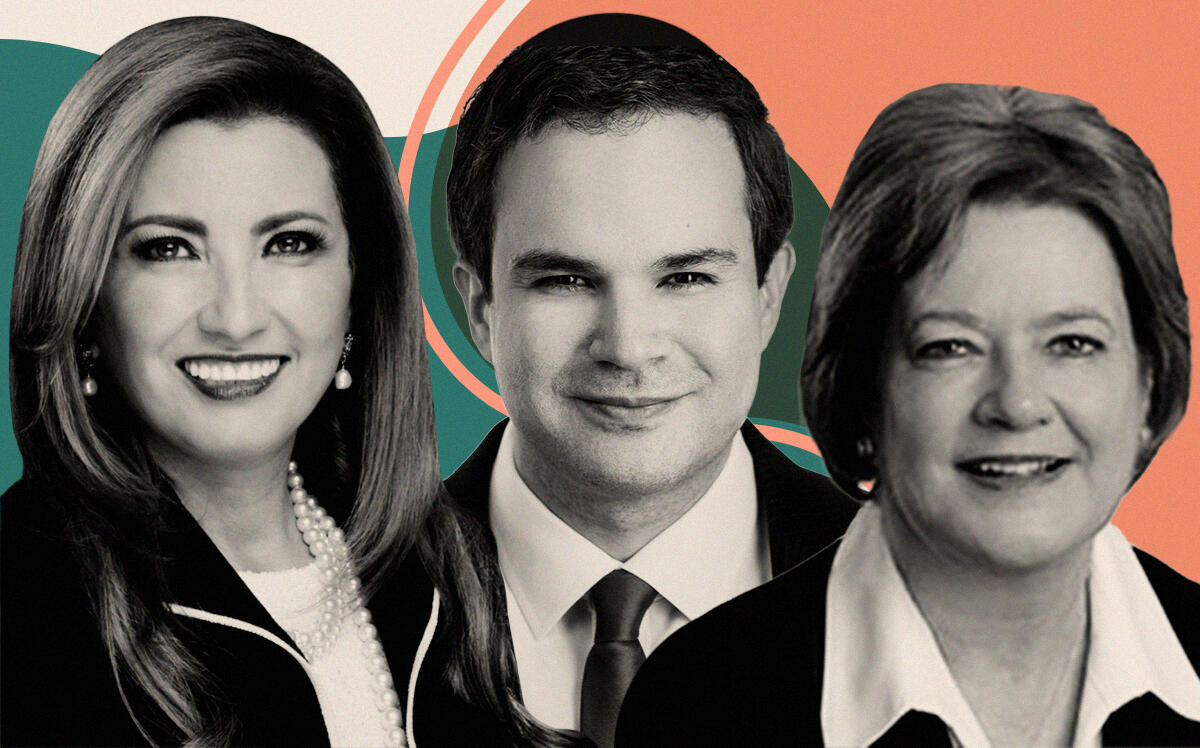 Rent relief check? Cleared. Tenant? Evicted.
Rent relief check? Cleared. Tenant? Evicted.
Trending
Dallas County plans 8 affordable housing projects
Commissioners want to add 2,000 affordable units to the Dallas County housing supply by 2026

While Dallas County’s home values soar, commissioners are cooking up affordable housing projects.
With the help of federal COVID-19 dollars, Dallas County has been quietly purchasing land and planning projects throughout the pandemic that could add up to more than 1,300 affordable housing units.
The commissioners want to add 2,000 affordable apartments to the Dallas County housing supply by 2026, the Dallas Morning News reports. The county aims to have the planning portion of its projects completed by April to meet the goal in the next four years, said Jonathon Bazan, assistant county administrator.
Two commissioners, Theresa Daniel and Elba Garcia, are the projects’ biggest proponents. Daniel sees these projects as part of the solution for the city’s homelessness problem. The county already has allocated more than $173 million for eight housing projects.
“To me, this is putting your money where your mouth is,” Daniel said, adding that she’s tired of the narrative that the county isn’t doing the work.
Read more
 Rent relief check? Cleared. Tenant? Evicted.
Rent relief check? Cleared. Tenant? Evicted.
 HUD complaint filed over Dallas’ ‘Shingle Mountain’
HUD complaint filed over Dallas’ ‘Shingle Mountain’
The recent influx of federal dollars was a driving force, giving the county more opportunities to make a difference during a difficult economic time, Garcia said.
“You tell me who can buy a house in West Dallas at these prices,” she said. “People want to know that they can have something to leave their families. Home ownership is the first step of wealth.”
Dallas County is expected to receive more than $500 million from Congress’ American Rescue Plan Act, which allocated billions of dollars to local governments to respond to the impacts of the pandemic. This kind of government intervention can help keep Dallas’ economy inclusive, Daniel said.
“From what I can see, if the market were left on its own, it would be developing high-end housing,” she said. “We still need people who are clerks, who work retail, teacher aides, entry level positions, and younger people. Where do they go?”
Of the seven housing projects mentioned, four are located in southern Dallas — an area historically ignored by developers. Back in April, the city was scrutinized by the U.S. Department of Housing and Urban Development for its use of the federal Low-Income Housing Tax Credit program to effectively create clusters of subsidized housing developments in lower-income communities. In January, the City of Arlington — just west of Dallas — settled a fair housing lawsuit, for $400,000, wherein HUD accused Arlington of blocking affordable housing opportunities for low-income families.
— Maddy Sperling




